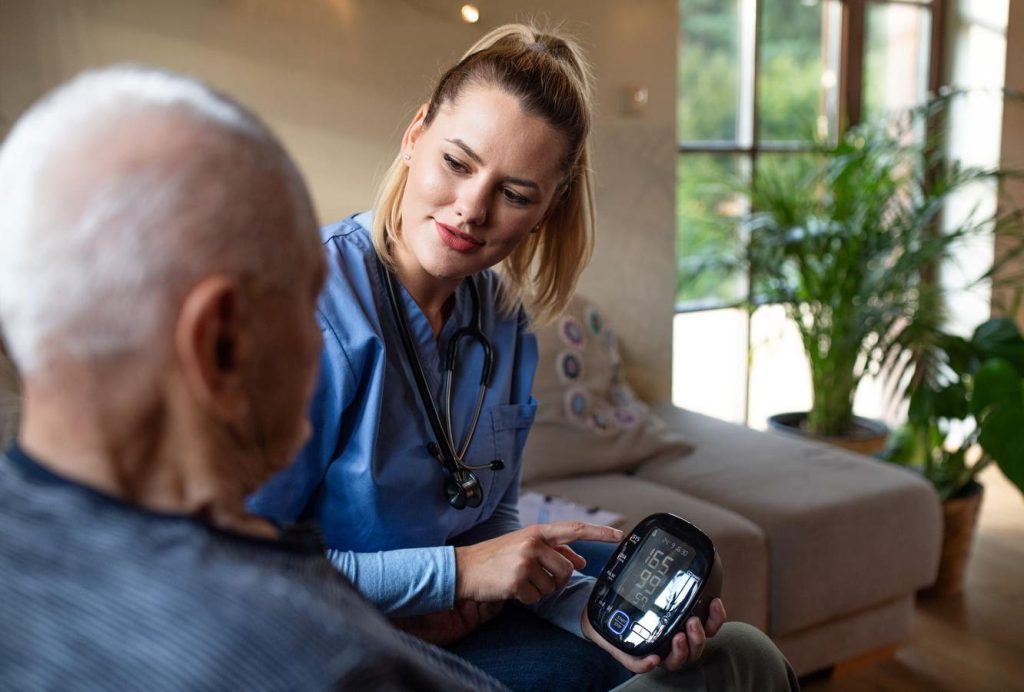Erika, the CEO and Co-Founder of Sanguina, a biotech company in Atlanta, specializes in digital health wellness and diagnostic screening, which is transforming blood health management in the United States. Blood plays a crucial role in the body, transporting oxygen, nutrients, and waste, and its behavior can indicate various health conditions. From blood donation testing to wearable technologies, advancements in blood health tools are changing how providers and individuals approach treatment and preventative care related to blood.
Historically, simple hemoglobin level testing for blood donors and pathogen screening of donated blood have become standard practices in the U.S. This has significantly improved the safety of the blood donation process and supply. Automated data systems and blood bank management software have enabled efficient tracking of blood products, demonstrating the impact of technology on blood health management. Blood pressure testing has also been a key indicator for various diseases, and advancements in measuring methods have led to more accurate and user-friendly devices in the 20th century.
The integration of wearable technologies and smartphone apps is expected to revolutionize blood health management further. Pulse oximeter technologies embedded in smartwatches for continuous monitoring of oxygen saturation levels in the blood can indicate changes in health conditions. Additionally, smartphones enable instant electrocardiogram (EKG) measurements to detect heart rhythm irregularities and arrhythmias. These tools, along with digital journals and diaries, help users manage their blood health and communicate effectively with healthcare providers.
The rapid growth of blood testing technologies is reflected in the forecasted market expansion from 96.57 billion USD in 2023 to 152.39 billion USD by 2030, with a compound annual growth rate (CAGR) of 7.90%. This growth emphasizes the increasing importance of blood testing for proactive health management and diagnostics. Home blood collection kits provide convenient testing options, allowing users to collect samples at home and receive detailed blood test reports in a matter of days. The evolving market trends suggest a shift towards proactive health management and diagnostics, driven by advancements in technology.
The future of blood health management is expected to focus on accessible blood testing, digital communication between patients and healthcare providers, and continuous monitoring to improve health outcomes and quality of life. As technology continues to advance, blood health tools, wearable devices, and smartphone apps will play a crucial role in empowering individuals to take control of their health. The increasing reliance on blood testing technologies underscores a significant shift towards proactive health management, positioning blood health as a critical component of overall wellness in the healthcare landscape.















